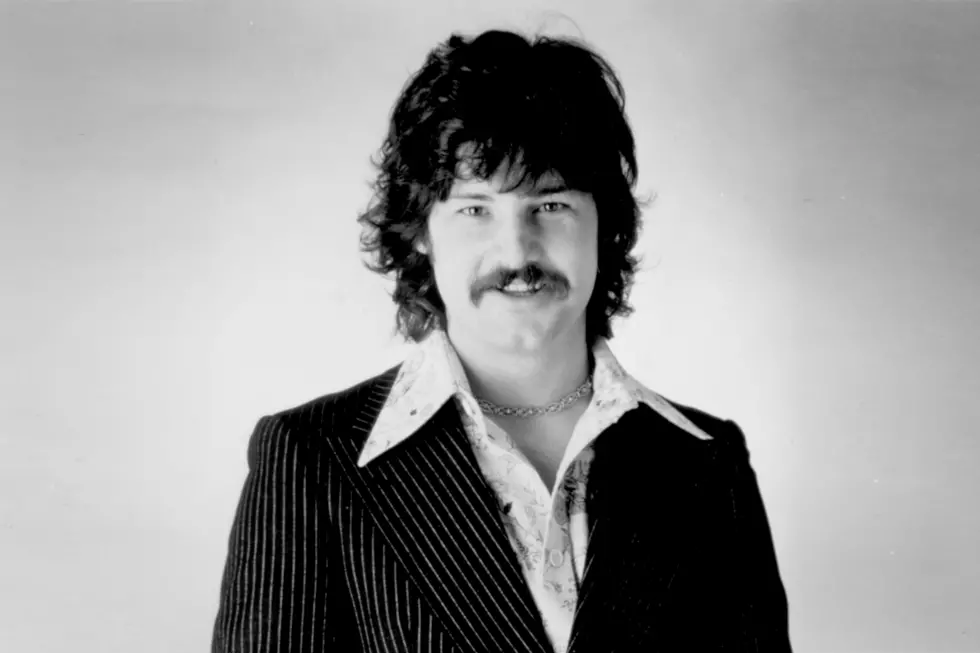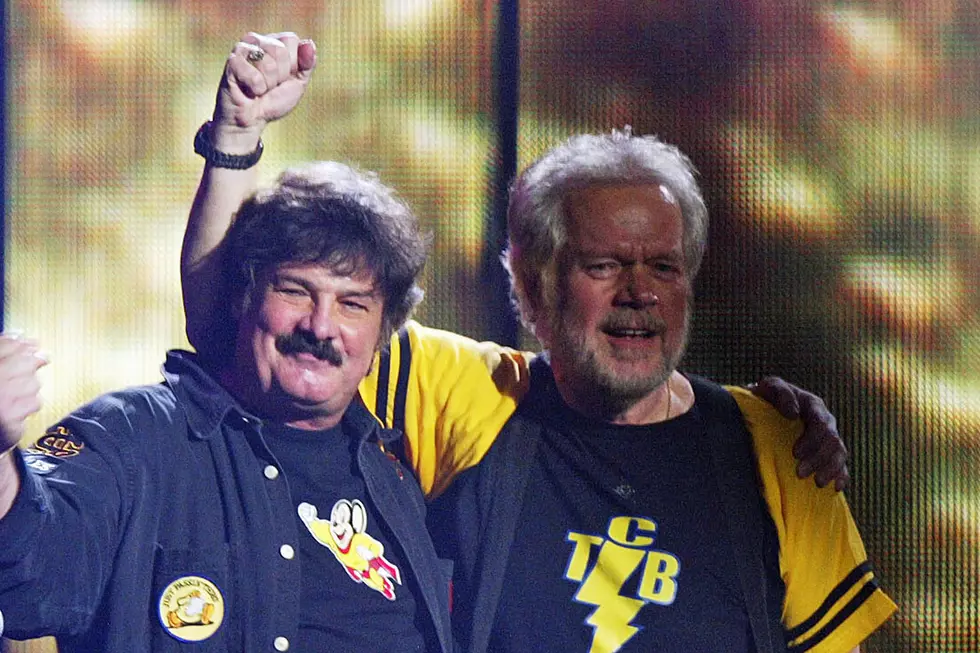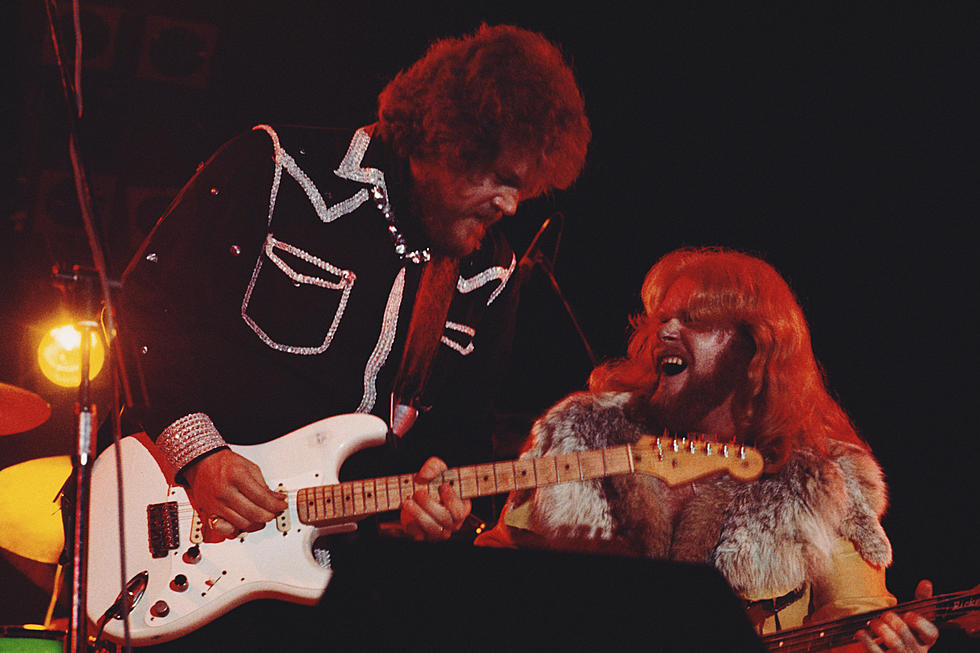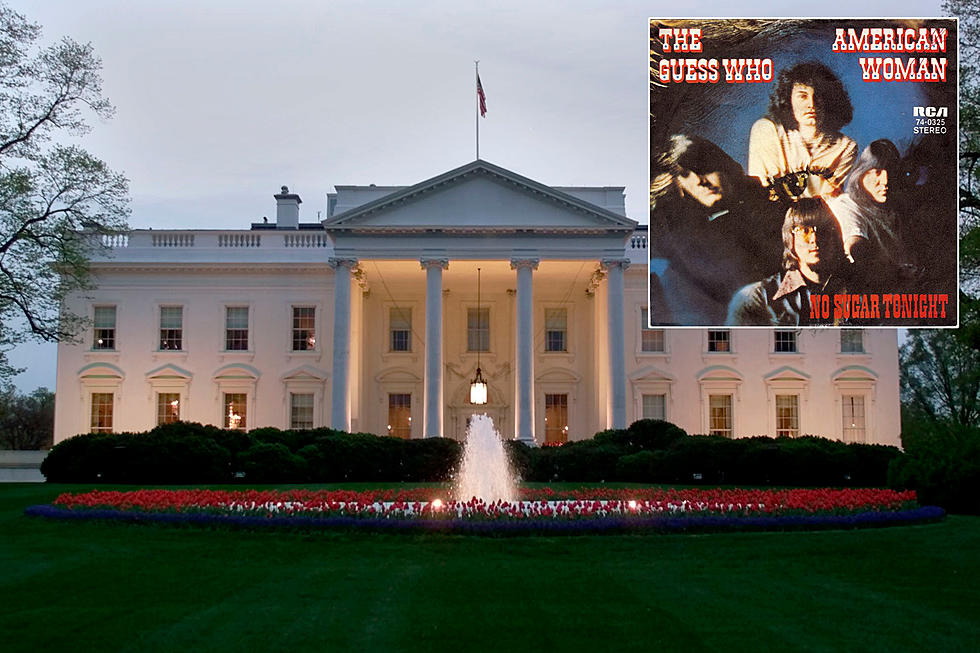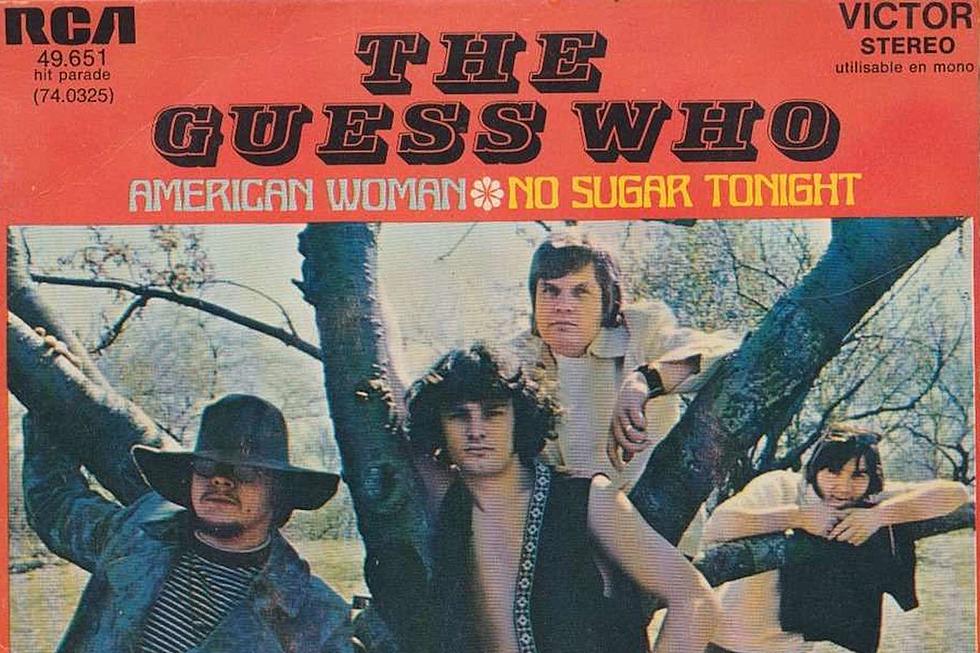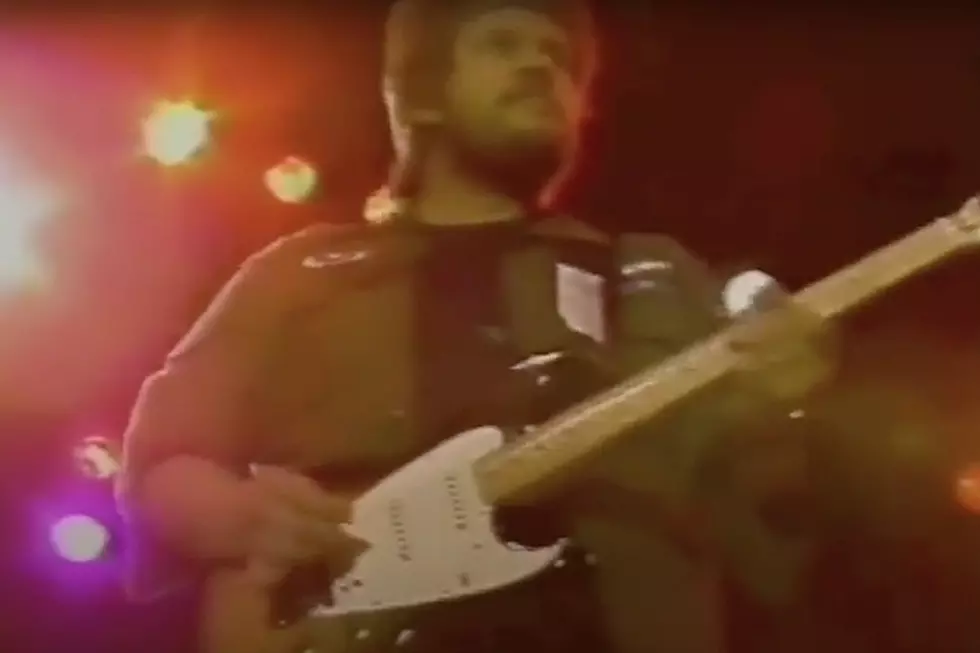
The Day Randy Bachman Left the Guess Who
By the spring of 1970, the Guess Who couldn’t have been going any better commercially.
For the past year and a half, the rock quartet out of Winnipeg, Manitoba, had been landing hit after hit after hit on radio stations in their native Canada as well as in the United States. In May 1970, when “American Woman” hit No. 1 on the Billboard chart (making the Guess Who the first Canadians to have a U.S. chart topper since 1954), the band were on a streak of five blockbuster singles – most of them written by the band’s songwriting partnership of Randy Bachman and Burton Cummings.
And yet, it also couldn’t have been going any worse for them personally. Despite a startling amount of pop success, a major rift had formed within the band. Guitarist Bachman, after falling in love with a Mormon girl, had converted to the faith and was living a strictly clean life – not the easiest achievement in the sex, drugs and rock ’n’ roll era. Meanwhile, the other members (vocalist Cummings, bassist Jim Kale and drummer Garry Peterson) were indulging fully in the excesses made available to famous musicians. Bachman feared that drugs would destroy the group, the other guys felt they were being preached at by their bandmate.
“To the other guys I was Mr. Straight, the parent, the narc,” Bachman later said. “I remember Burton telling me, ‘You’re nothing but a fucking narc. Leave us alone.’ Drugs were the norm. I was branded a loser, an outsider, because I didn't do drugs.”
To complicate matters, Bachman was having serious health problems at the time, suffering gall bladder attacks while the Guess Who were on tour to promote the “American Woman” single and album (both released earlier in 1970). Because no one wanted to come off the road, a compromise was forged. Bachman returned to Winnipeg to get the medical attention he needed and rest up while the band continued to tour with fill-in guitarist Bobby Sabellico. The idea was that Randy would be well enough to reconvene with the group in New York on May 16, for the tour finale at the Fillmore East.
Everything went fine back in Canada. Bachman recovered quickly and even made plans to produce an album by Winnipeg band the Mongrels for RCA, the Guess Who’s label. Due to that arrangement, and Bachman’s restored health, the guitarist flew to New York a day early to meet with RCA brass and discuss future plans.
But the rest of the band wasn’t too thrilled to find out about Bachman’s business dealings, not when they were still on the road with a ringer.
Listen to the Guess Who's 'American Woman'
“I think we were in Springfield, Massachusetts, within driving distance of New York,” Peterson reflected, years later. “The other guys got me up and they knew exactly where he was staying in New York. We drove there, arriving around nine in the morning and went straight to the hotel.”
Bachman had already left to meet with RCA, so Cummings, Kale and Peterson waited for him in the hotel lobby. When Randy returned, the four guys went upstairs to have it out. With “American Woman” at No. 1 on the charts, the song’s two collaborators decided they could no longer share a band.
“Burton said, 'Randy, we don’t want you in the band anymore.’ And he said ‘That's okay, I was thinking of leaving.’ He was fired before he could say he quit,” Peterson recalled. “It was very tough on me, because we were the closest. I think if Randy would have said, ‘I’m sorry. I made a mistake,’ I think Burton and Jim would have accepted that and we could have carried on.”
This version of the Guess Who did carry on … for one more show. All four members played the Fillmore East that night, on May 16, 1970. The band’s classic lineup wouldn’t reunite for more than a decade and Bachman and Cummings would never write another song together.
Even without their founding guitarist and main songwriter, the Guess Who continued to have success in the early ’70s. The band brought on guitarists Greg Leskiw and Kurt Winter, who took the role of Cummings' new writing partner.
The Guess Who still landed hits on the charts (including “Share the Land,” “Bus Rider” and “Clap for the Wolfman”), albeit to diminishing returns. As hitmakers, the Guess Who were eventually eclipsed by their former bandmate.
In 1971, Bachman formed Brave Belt, which morphed into Bachman-Turner Overdrive. And with 1974's “You Ain’t Seen Nothing Yet,” another one of Bachman’s bands topped the charts.
See the Guess Who Among the Top 200 '70s Rock Songs
More From Ultimate Classic Rock
